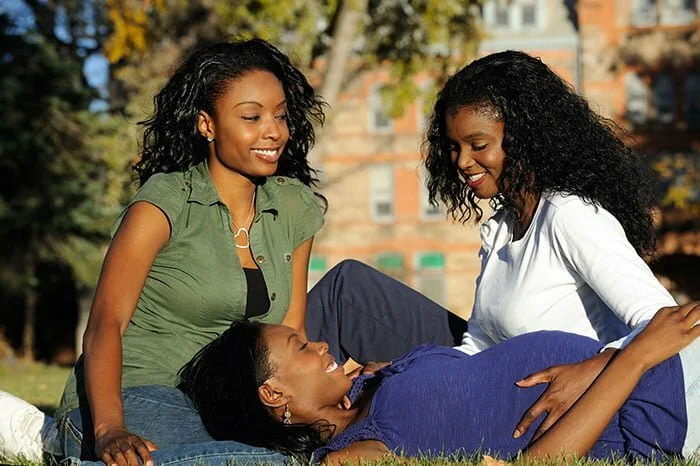As a parent, keeping your baby or child safe should be your number 1 priority.
Knowing what to do to help prevent accidents from happening and how to react should it become a reality should be of upmost importance for parents.

Here are 5 tips that could save your baby’s life.
1. Take notice of suffocation hazards in the home
A baby can suffocate if something covers his or her mouth and nose, thus preventing breathing. Plastic/nylon bags is a main culprit.They may seem flimsy, but a nylon bag can easily suffocate a young baby or toddler. A thin film of plastic can kill a child by suffocating him/her.
Teach older children never to put them over their heads and do not allow little children to play with them. Even very young babies can grab it and put it over their head, as they are so light.
2. Never leave your child alone in the bath or bathtub
Babies and young children should never be left alone in the bath, not even for a minute. Also using a bath seat or support is no replacement for parental supervision. Even if a baby is secured in a bath seat, do not leave them even for a second as it could still fall over.
A child can drown in a matter of minutes and it happens quickly and silently. A baby can slip under the water without crying or screaming or splashing around.
The American Academy of Pediatrics (AAP) recommends the age of 4 before children are allowed to bathe alone.
3. Keep your baby alone from small objects to prevent choking
It’s a scary thing to see a choking child and it usually, happens when a baby or young child tries to swallow a piece of food or small object. Choking most frequently happens to babies between the ages of five and eighteen months.
Ensure that you keep all small objects out of reach of the baby who is at the hand-to-mouth stage of development. Safety pins should always be out of your baby’s reach and keep small toys or toys with small parts away from babies until they are old enough to handle them. Parts broken off toys and games should be thrown away or be repaired. Also rid of small pieces of crayon.
Be alert for small objects that can cause choking, such as coins, buttons, beads, bits of torn plastic, seeds or broken balloons. Make a habit or picking up these small items if they are lying around. Also note that toys are designed to be used by children within a certain age range.
4. Keep your baby away from electrical outlets
Electrical outlets can kill your child. There is something about an electrical outlet that attracts young children and this make electrical outlets extremely dangerous. If a child sticks wet fingers into an outlet, or even worse if a child sticks a piece of metal into an outlet, electrocution is a definite possibility. Electrocution frequently results in death and children die every year by electrocution.
5. Keep your child away from buckets
Do you know that buckets can kill small children? Children love water. When a child sees a bucket of water, it is an instant attraction. Unfortunately, toddlers are top heavy. If a toddler reaches into a bucket to touch the water, it is very easy for the child to fall right in headfirst and the child will never get back out.
Buckets are frequently used in Nigeria for bathing, fetching water, washing clothes and for household chores and pose a serious threat to babies and toddlers. Never leave a bucket of water in your house where small children can reach it. Even something as simple as answering the door or using the restroom can leave a window of time long enough to drown a child.














